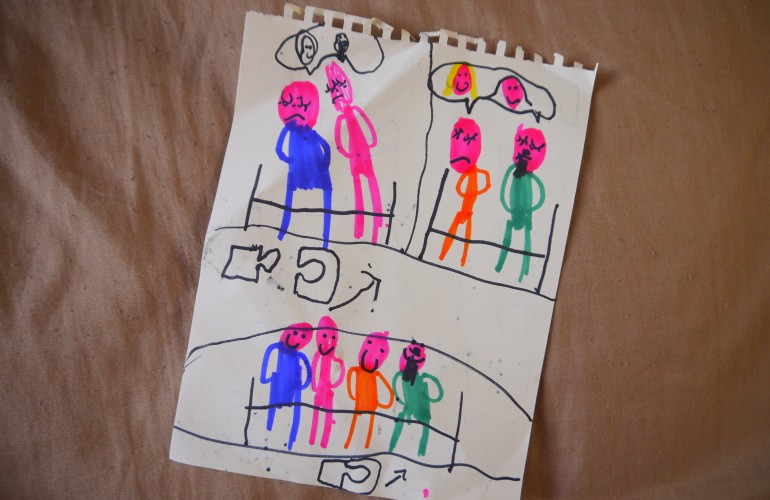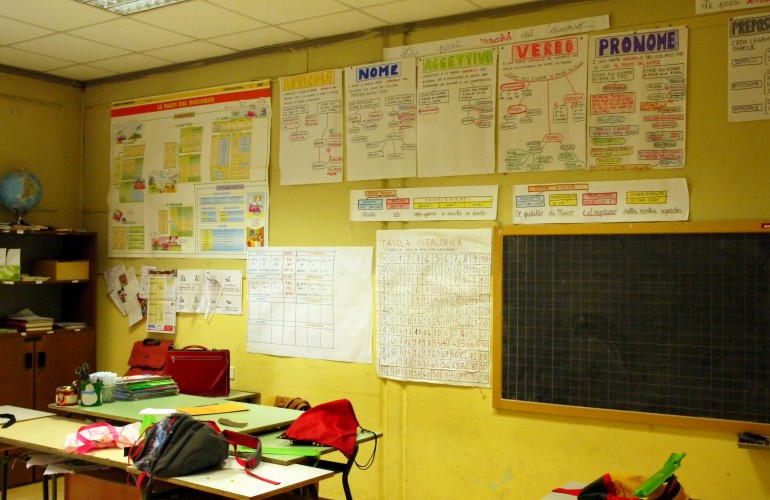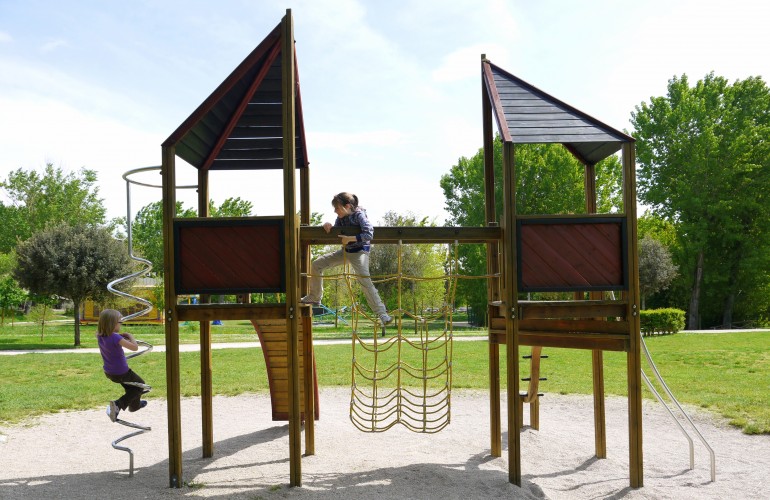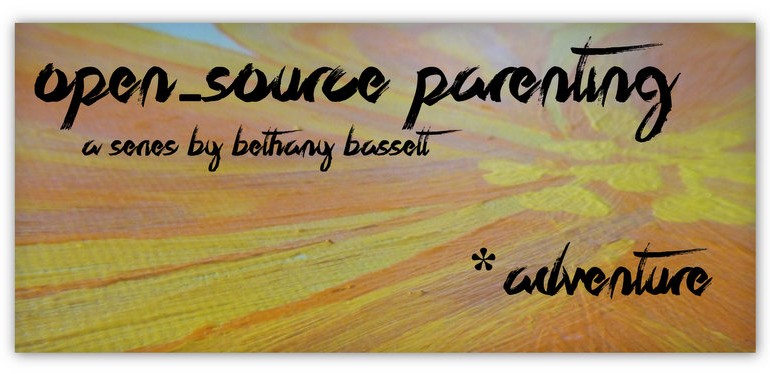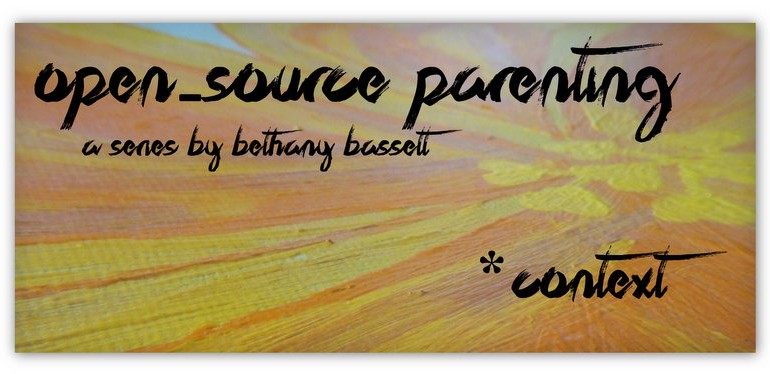The first time I saw the ocean, I was nearly twelve. Our van crested the bridge to Quintana Beach, and there was the Gulf of Mexico stretched out below us, the vast basin where God must have dipped his brush after painting every color of earth and sky. I couldn’t tell you even now what hue the Gulf of Mexico most resembles. It’s slate gray but also moss green, sky blue capped by cloud crests, equal parts mother of pearl and loam. At first sight, I couldn’t believe such a thing existed—this expanse of creation-colored water curved to fit the horizon. I ate my wedge of watermelon that evening in the waves, salt and grit and who knows what else seasoning its pink flesh. My baby brother threw the van keys into the surf (or so we thought; we found them a week later deep inside one of the bench seats), and we were stranded until nightfall, and it was magical.
Now that I’m a mother, I have an inkling of how my own mother must have felt that night—all six of her children sand-plated and smelling of seaweed, dark tongues of water lapping up the shoreline, my father hitchhiking to find a locksmith, and no cell phone to know when he’d be back, not the tiniest bit of technology with which to distance ourselves from the deep. I also know a bit of how she must have felt when we finally made it to the condo and she still had showers to administer and salt-encrusted towels to dry and the next day’s picnic to prepare. Beach vacations are the parental equivalents of overtime.
But it is paid:
We drove down south to Puglia for the first time this month and spent the better part of a week with friends at their beach house. And by “at their house,” I mean on the beach. The Ionian Sea is like liquid topaz, so blue and crystalline that simply looking at it it is a form of wealth. I was in the water about three quarters of the time that the girls were; we dredged up seashells and splashed each other silly and tracked the tiny striped fish who were tracking our toes. The other quarter of the time, I sat back in a nest of sand and filled straight up on my kids’ delight.
The sea turns children into hunters and gatherers, architects and archeologists. It draws on their genius for play and holds time at arm’s length so they can stop growing up so fast, at least for the day. It makes magic out of ordinary minutes. Admittedly, magical moments are not necessarily effortless ones, at least not for the parental portion of the family. We came home tired with slightly more than our fair share of sand and sunburns, and my post-vacation laundry pile would have been enough to make even Mrs. Walton faint of heart. I still take the whole experience as a gift though—the chance to play with my girls free of the usual time-claustrophobia that haunts me at home, to watch them at ease in their own childhoods, to see the living sparkle of the waves mirrored in their eyes, and to discover my own sense of seastruck enchantment right there in the context where I first found it.







